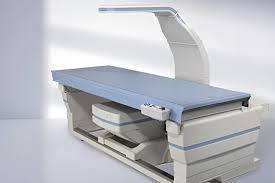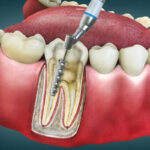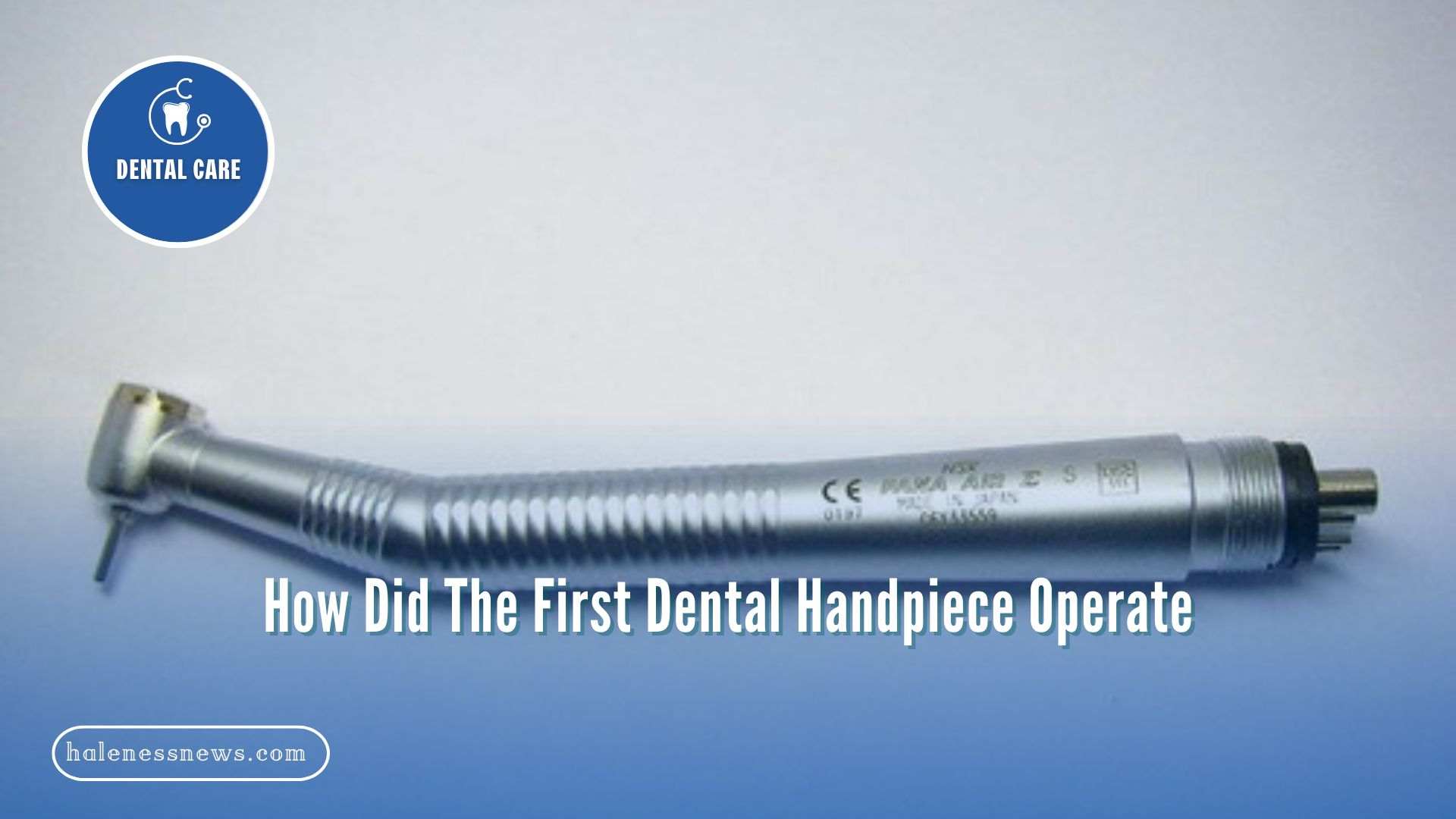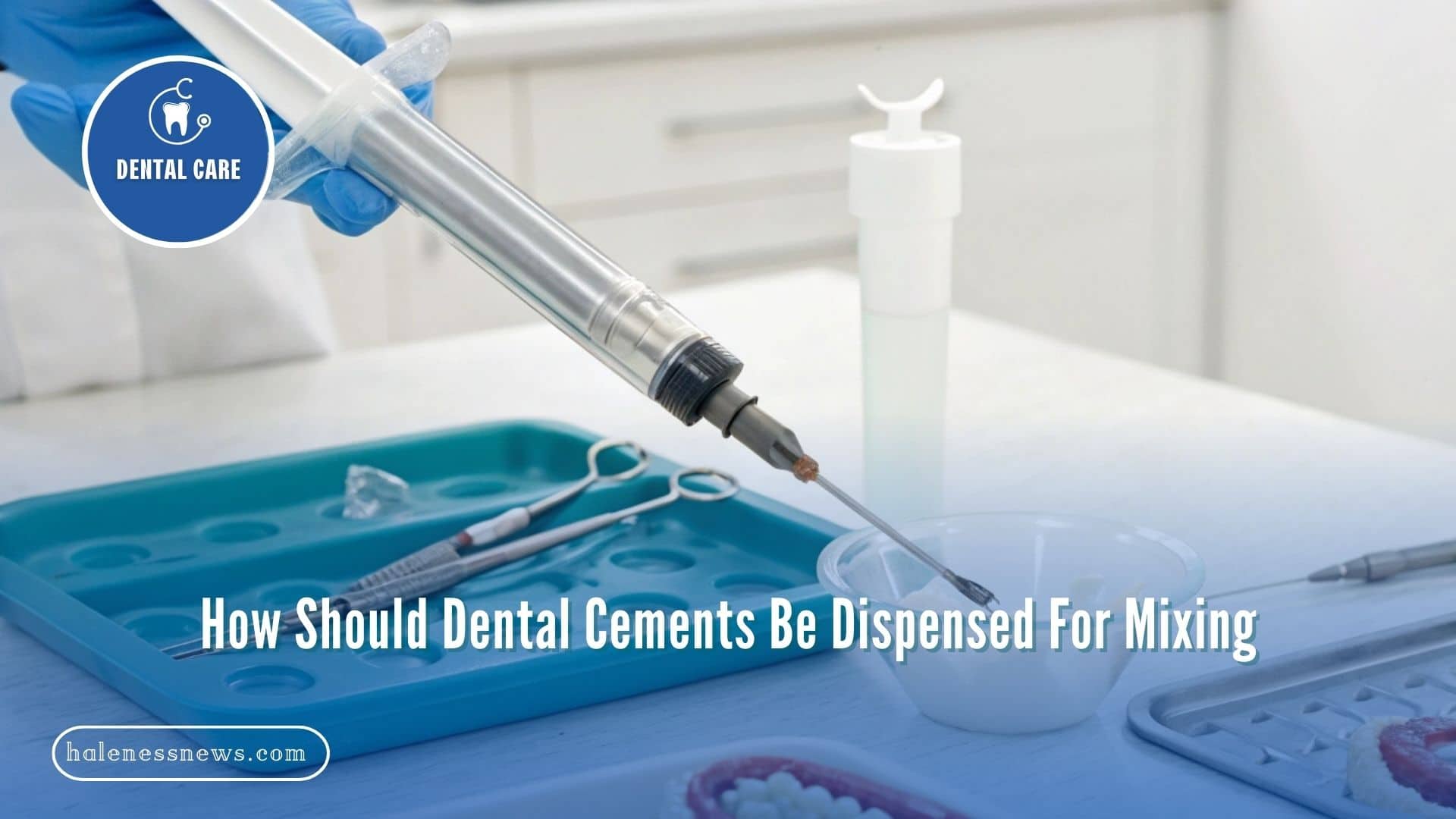Bone health often goes unnoticed until a fracture or diagnosis forces it into focus. By the time symptoms appear, significant bone loss may have already occurred. That’s why a DEXA scan, also known as a bone densitometry scan, is fundamental. Whether you’re managing risk factors, monitoring treatment progress, or being proactive about aging well, this scan offers clear, data-driven insight into your bone health. Let’s explore what a bone densitometry scan is and how it can help you stay ahead.
What Is a DEXA Scan?
Short for Dual-Energy X-ray Absorptiometry, a DEXA scan is a quick, non-invasive imaging test that measures bone density and helps detect early signs of osteoporosis or weakening bones. It utilizes low-dose X-rays to compare bone mineral density (BMD) to standardized values. The procedure is efficient and pain-free. It also requires minimal preparation and provides accurate measurements, making it an optimal method for assessing bone health.
What Are Its Benefits?
A bone densitometry scan is a valuable tool for understanding your bone health. It helps detect early signs of bone loss and measures your risk of fractures. This scan provides key information that often guides treatment and prevention plans. Here’s how this technology can be helpful:
1. Early Detection
One of the key applications of bone densitometry scans is identifying early stages of bone loss. Osteopenia often precedes osteoporosis but is less severe. Detecting it early through a DEXA scan allows individuals to take preventive measures, such as lifestyle changes or targeted treatments, to slow the progression.
2. Assessment of Fracture Risk
By determining bone density, bone densitometry scans can effectively evaluate fracture risk. This information is particularly key for older adults or individuals with conditions that compromise bone integrity. Having a clear understanding of potential risks allows individuals to make necessary adjustments to their daily routines, enhancing safety.
3. Monitoring Treatment Effectiveness
For those already undergoing treatments for osteoporosis or other bone disorders, bone densitometry scans serve as a helpful monitoring tool. Periodic scans often track changes in bone density, providing insights into how well treatments are performing. This enables healthcare providers to make adjustments as needed to enhance outcomes.
A DEXA scan is a safe and effective tool for assessing bone health. It helps identify risks, monitor treatments, and guide preventive measures. By providing accurate data, it supports better decision-making for both patients and healthcare providers.
Why Is It Key?
Bone densitometry scans are integral to proactive bone health management because they provide key data that can shape both preventive and therapeutic strategies. These scans are valuable for individuals in the following scenarios:
- Preventive Health: If you are in a high-risk group due to age, family history, or medical conditions, a DEXA scan can help you understand your bone health and take preventive steps.
- Post-Menopause: Women in post-menopausal stages are often more vulnerable to bone loss and can benefit significantly from regular osteoporosis screening via bone densitometry scans.
- Long-Term Medication Use: Certain medications, such as corticosteroids, can affect bone density. Monitoring through bone densitometry scans helps evaluate and mitigate these side effects.
By taking these factors into account, bone densitometry scans provide a structured approach to bone health, reducing uncertainties and enabling informed decision-making.
Schedule Your Next DEXA Scan Today
Staying ahead in bone health is a proactive decision. With helpful tools like bone densitometry scans, you can measure bone density accurately and evaluate fracture risks effectively. Whether you are looking to monitor an ongoing treatment plan or establish a baseline for your bone health, a DEXA scan is a practical, efficient, and straightforward solution. Reach out to your healthcare provider, nearest diagnostic center, or trusted specialist to schedule your next bone densitometry scan.
- How Acupuncture Can Complement Other Forms of Pain Relief
- Understanding the Emotional and Physical Benefits of a Breast Lift
- Toothache or Infection? How to Tell the Difference and What to Do About It
- Hypertension in Women: Symptoms and Management
- How Orthopedic Specialists Tackle Sports Injuries Effectively









